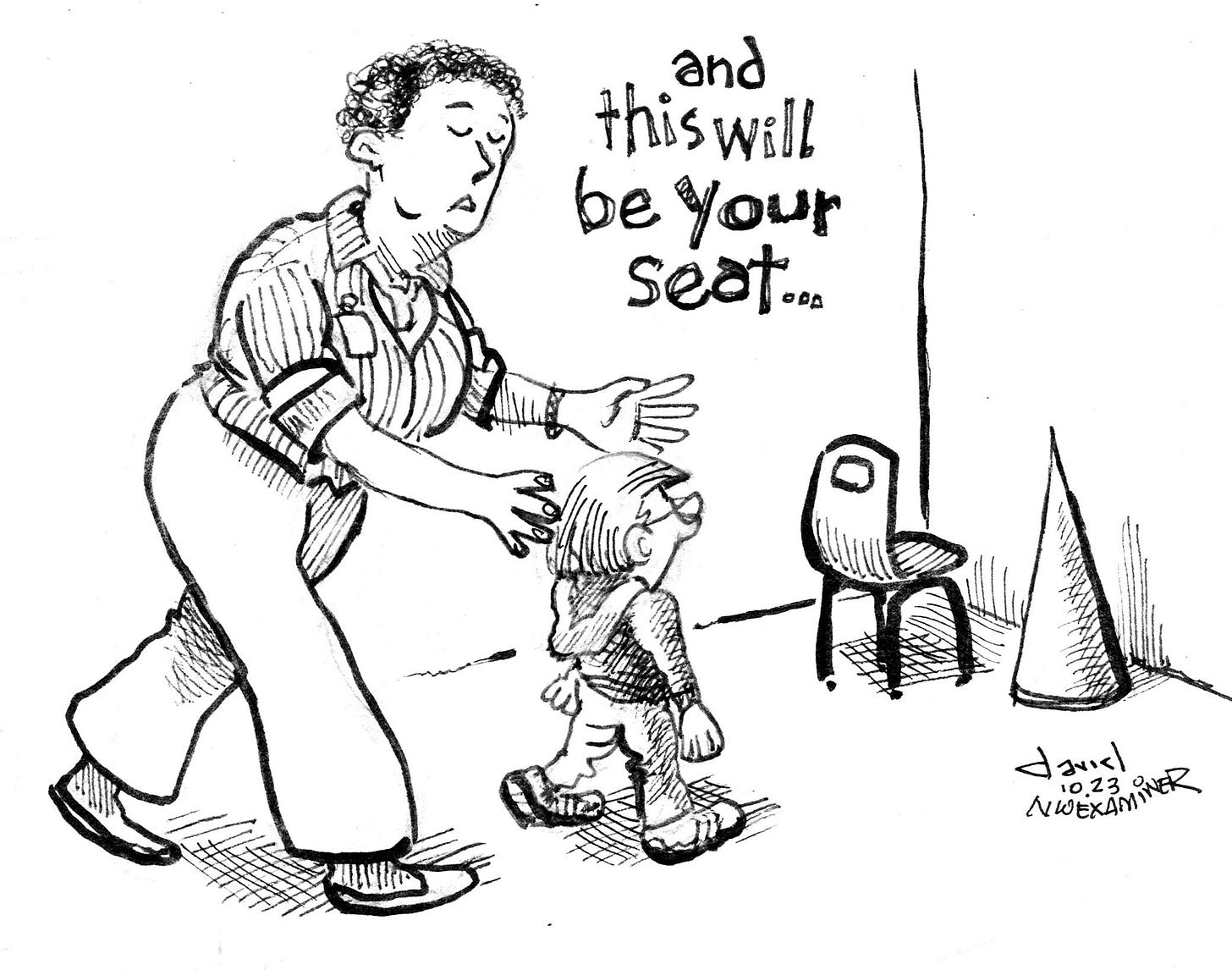Mayor looks for solution to neighborhoods
Editorial
I do not blame Mayor Ted Wheeler for half of the criticism he gets, but in one area he has borne a Teflon shield. Though undermining neighborhood associations throughout his tenure, he has never been compelled to explain himself.
In the latest example, he included neighborhoods with a cluster of emergency programs related to homelessness and behavioral health that he wants to control through the mayor’s office, an exception to the voter-approved charter reform putting all departments under a city manager.
Wheeler called this cluster of exceptions Portland Solutions, and for all other programs in the package perhaps there is justification. These are the intractable problems associated with an officially declared housing emergency that overrides normal zoning rules while drawing on special revenue sources.
But neighborhoods? Are they a conundrum needing special corrective action? What do they have in common with the other obviously intertwined topics? Are neighborhoods seen as impediments to siting homeless shelters? Are they being pitted against “the homeless-industrial complex” in a conflict in which their aims can be trivialized compared to primal matters of survival? Some people crafting Portland Solutions saw this as the best way to help neighborhoods get answers from City Hall, but suspicions were invited because Wheeler did not answer his critics. Nor did he did not respond to a request to comment on this column.
The rapid rollout of Portland Solutions without input from neighborhood associations is telling. It has been said that if you don’t know what the plan is, you are its target.
In this case, he had taken too big a bite. Based on some combination of legal advice and pressure from neighborhood activists, who complained that they were shut out of the Portland Solutions formulation, it appears that the neighborhood program will fall under the city manager after all. But Wheeler’s intent was clear, and it was consistent with his record in office.
Wheeler occasionally gives lip service to neighborhood associations and citizens involved at the grass roots to make the city better. But when it counted, he fed them to the wolves. In 2017, he assigned the Office of Neighborhood Involvement to Commissioner Chloe Eudaly, who discredited and demoted neighborhood associations administratively while Wheeler watched passively. He had the authority at any time to reassign the bureau to another commissioner. Did Eudaly have his blessing to swing her meat ax? Seems she did.
When neighborhood associations got behind a successful campaign to defeat Eudaly and replace her with an outspoken advocate of neighborhoods, Mingus Mapps, Wheeler did not do the democratic thing and assign the bureau to Mapps. Instead, he gave it to another commissioner openly hostile to neighborhood associations, Jo Ann Hardesty, where it stayed for her full four years. The pattern was hard to miss.
So for eight years the city’s neighborhood program was guided by commissioners whose mission was to weaken and bend them toward a commissioner’s agenda. I draw the conclusion that the scorched earth policies under Eudaly and Hardesty gave Wheeler what he wanted without having to put his own fingerprints on the matter.
After seven years, Wheeler has learned that neighborhood associations can be pushed around without much blowback. Even when one or a few associations protest, they do not unite citywide in a way that threatens the powers on high. The associations are more focused on retaining funding to their district coalition offices than shaking up the system.
As a result, the mayor thinks he can define the role of neighborhood associations in Portland.
But his organizational chart is upside down. The people of Portland own the city. We choose the officials who manage it in our interest. It is not for those temporarily entrusted with great responsibility to define our place or to engineer citizen advisory processes that ostensibly reflect our will.
Because we love the city, we pick up the trash, come together to volunteer and to make our neighborhoods better. We offer advice but do not give orders to government officials. These actions should not be seen as weakness. They are what must be done to make self-government work.
We are all students in this perpetual classroom of government by the people. There is no assigned seating.



